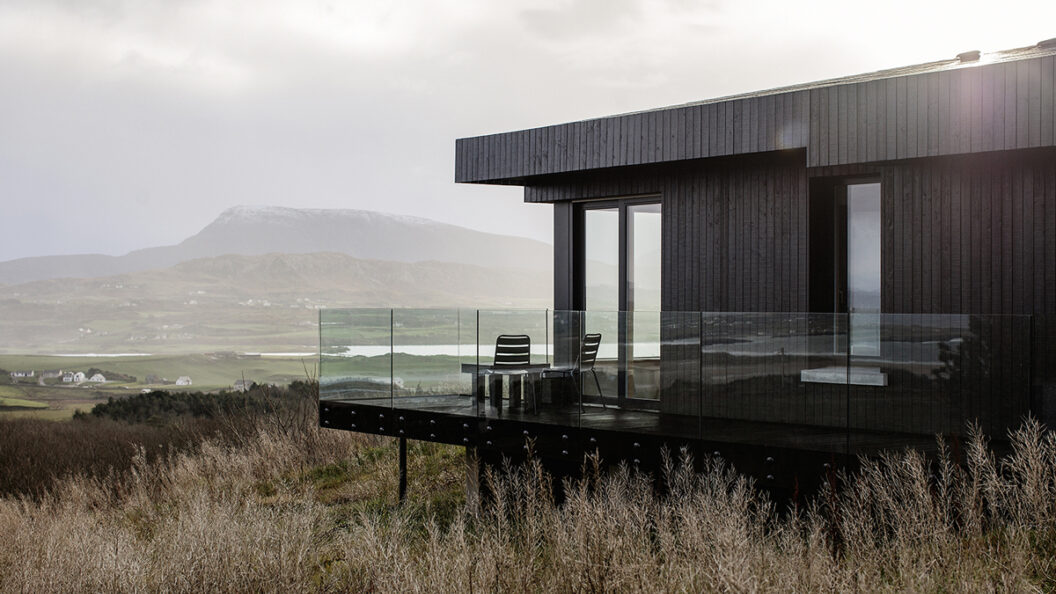
By Róise Collins
Donegal is home to some of the country’s most stunning and unscathed scenery. We have Ireland’s most northerly point at Malin Head, the highest sea cliffs in Europe at Sliabh Liag and one of the largest collections of inhabited and uninhabited islands off our coastline.
But growing globalisation has not spared Donegal, and with increasing footfall comes a growing fear that the over-development of tourism may endanger the natural environment if not properly managed.
This has created a need for the tourism industry to adapt by maintaining the quality of the environment whilst also continuing to attract tourists.
Niall Campbell and Cathrine Burke run Breac House, a contemporary B&B perched on the Horn Head peninsula near Dunfanaghy.
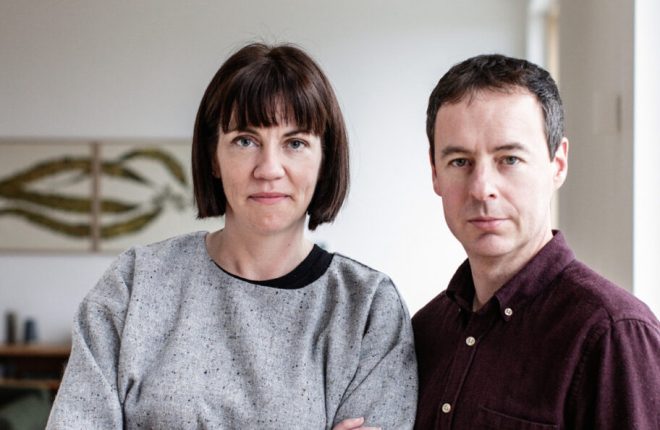
Niall Campbell and Cathrine Burke run Breac House.
Horn Head is a Special Area of Conservation (SAC) under the EU Habitats Directive, so when setting up their business Niall and Cathrine felt a strong responsibility to minimise their impact on the beautiful local environment.
Niall told the Donegal News that he grew up in Dublin but spent a lot of his childhood visiting and exploring Donegal, so the county’s scenery and serenity etched a special place in his heart.
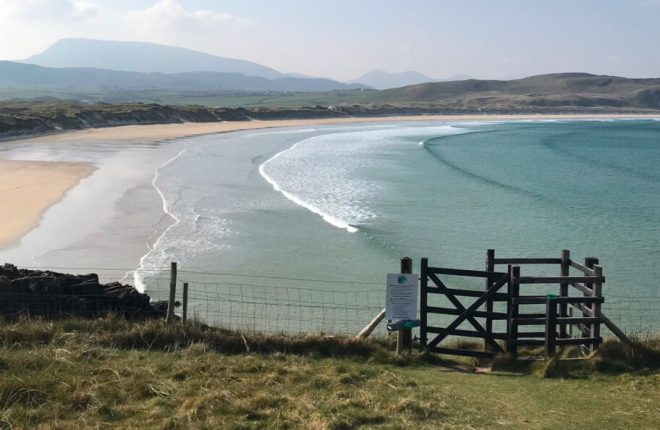
A view of the strand from Horn Head.
“I always had an image of Donegal as being a place that was close to nature and the environment, a place where people would come to retreat and refuge rather than the city environment that I was used to.”
Niall explained how this then became an important element of their ethos at Breac House.
“We wanted to showcase the best of Donegal to domestic and international visitors and we felt we owed a responsibility to the place to do that in the most sustainable way possible without damaging what we were trying to present to people.”
Niall said these goals are achieved through very specific commitments to the environment, their guests, employees, suppliers and community.
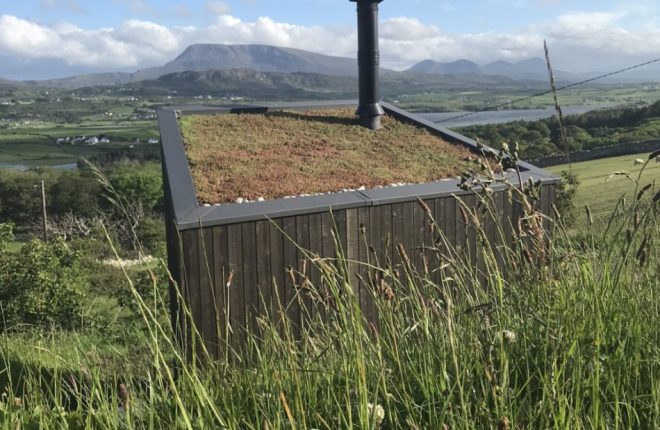
Koto Cabins at Breac House which are inspired by ancient Celtic ‘sweat houses’.
Their heating and hot water is provided solely by renewable energy, they have installed PV solar panels and battery storage to provide onsite electricity and they have installed a rainwater harvesting system which minimises their mains water usage.
They have also eliminated all single use-plastics from their guest amenities, replacing them with locally made, environmentally friendly soaps, shampoos and creams.
They even re-use seaweed from their spa facilities for use as fertiliser in their polytunnel.
They are also particularly focused on supporting small local producers, makers and suppliers who contribute to the local community and who use local materials and methods. As well as playing a huge part in their bustling business, Niall described them as the “beating heart” of our county’s creativity.
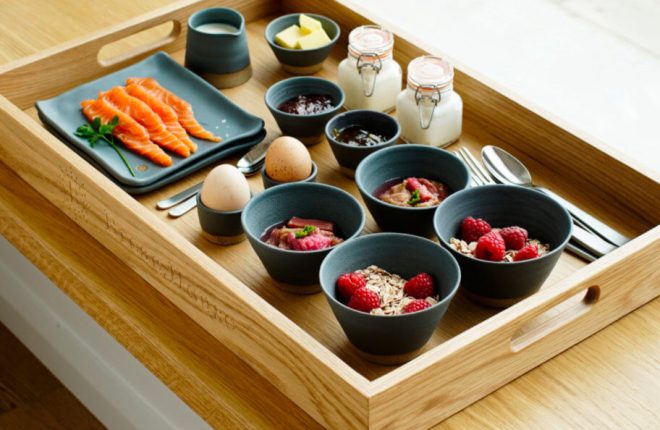
A breakfast tray filled with locally sourced produce.
Breac House is a pioneer leading the way in a drive toward sustainability in tourism and with their boutique B&B fully booked for the remainder of 2023 and 2024, they have clearly cracked a market of equally conscious consumers.
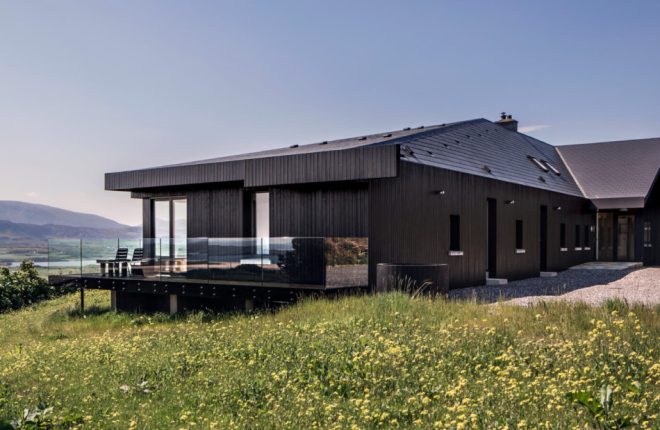
At Breac House, the heating and hot water is provided solely by renewable energy.
EU Cohesion Policy has also played a vital role supporting the industry as a whole and sustaining the county as a high-quality and competitive tourist destination through specially tailored funding.
The Island Sustainable Tourism Action through Resilient SMEs (I-STARS) Project is a project all about accompanying tourism businesses on their journey towards sustainability and resilience through knowledge and skills.
This story is part of the YOUTHopia campaign, a journalistic project shedding new lights on the EU Cohesion Policy. YOUTHopia is funded by the European Commission.




